Top tools to protect rainforests (A video series by Mongabay)
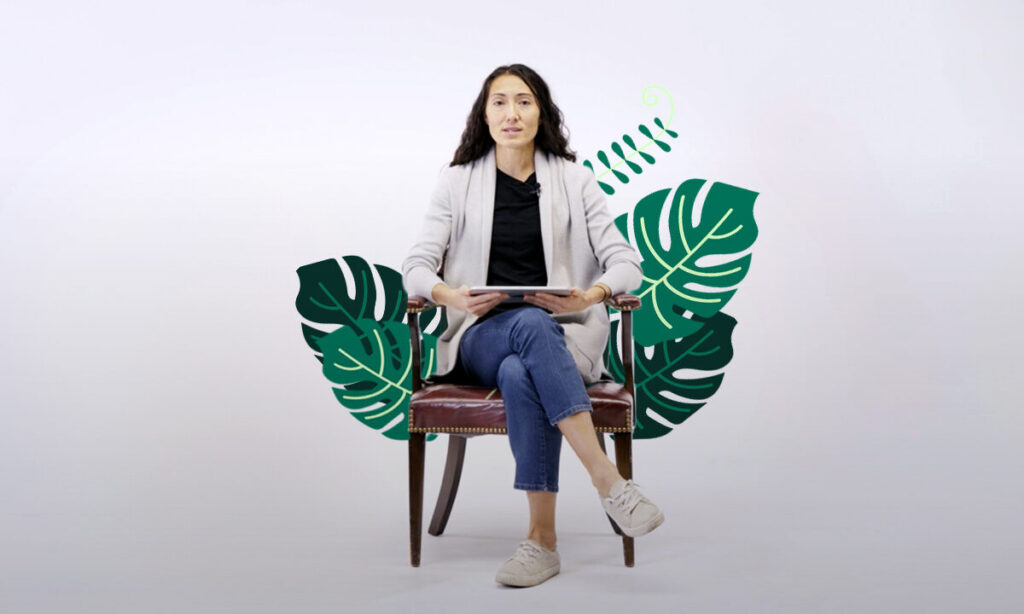
Paving the Way Towards COP30: “The answer is us—all of us”
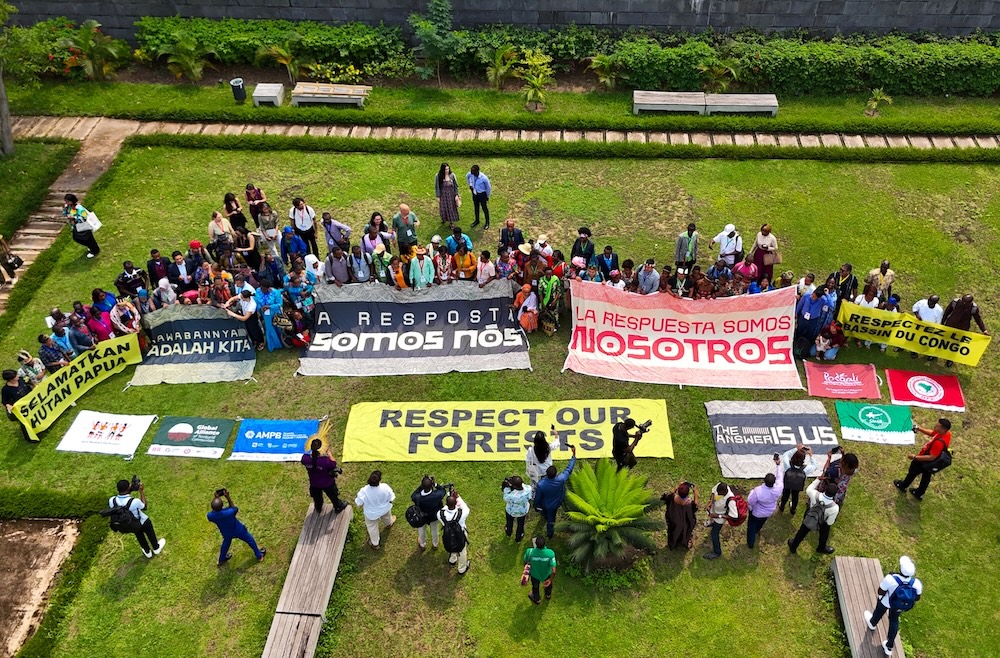
Last month in Brazzaville, Republic of Congo, Indigenous peoples and local communities gathered to send a powerful message to the world: the future of Earth’s forests, and the survival of all life they sustain, hinge on Indigenous peoples and local communities.
Climate Resilience in Action: Lessons from Indigenous Communities in Brazil’s Amazon
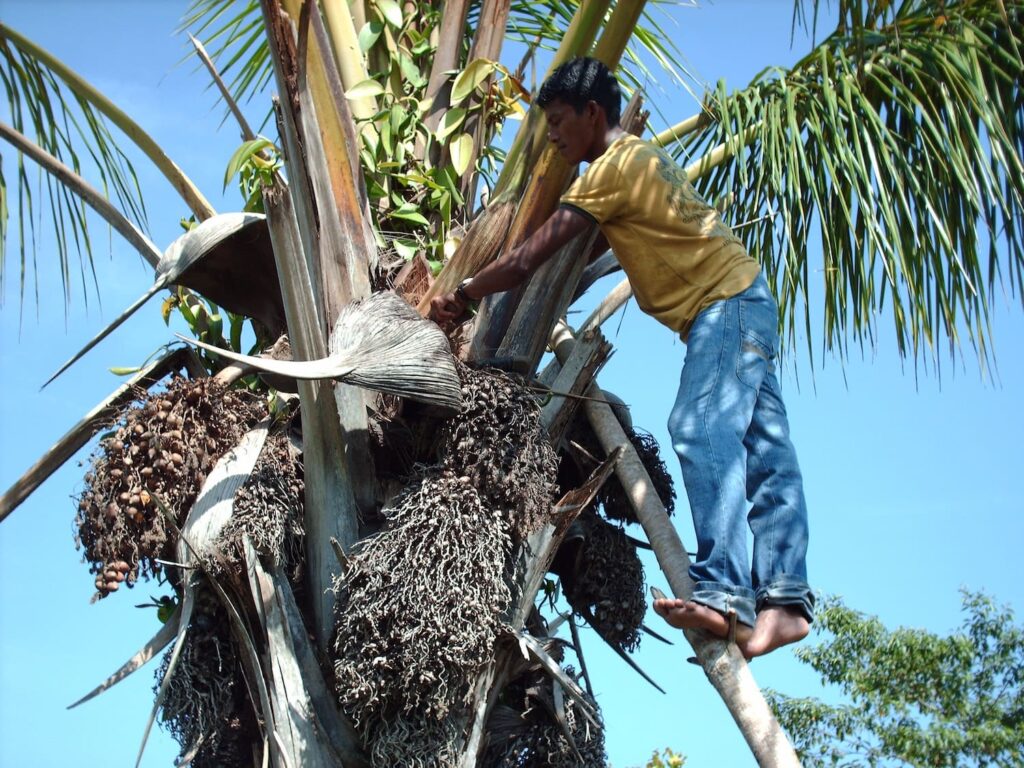
In the heart of the Brazilian Amazon, Indigenous communities are showing the world what true climate resilience looks like. The Amazon rainforest is one of the most vital ecosystems on Earth, but it’s also one of the hardest hit by climate change. Vast expanses of once-healthy forest have been devastated by record-breaking droughts, relentless fires, […]
Las Fronteras de la Amazonía: Un Bastión Vital para Pueblos Indígenas en Aislamiento Voluntario
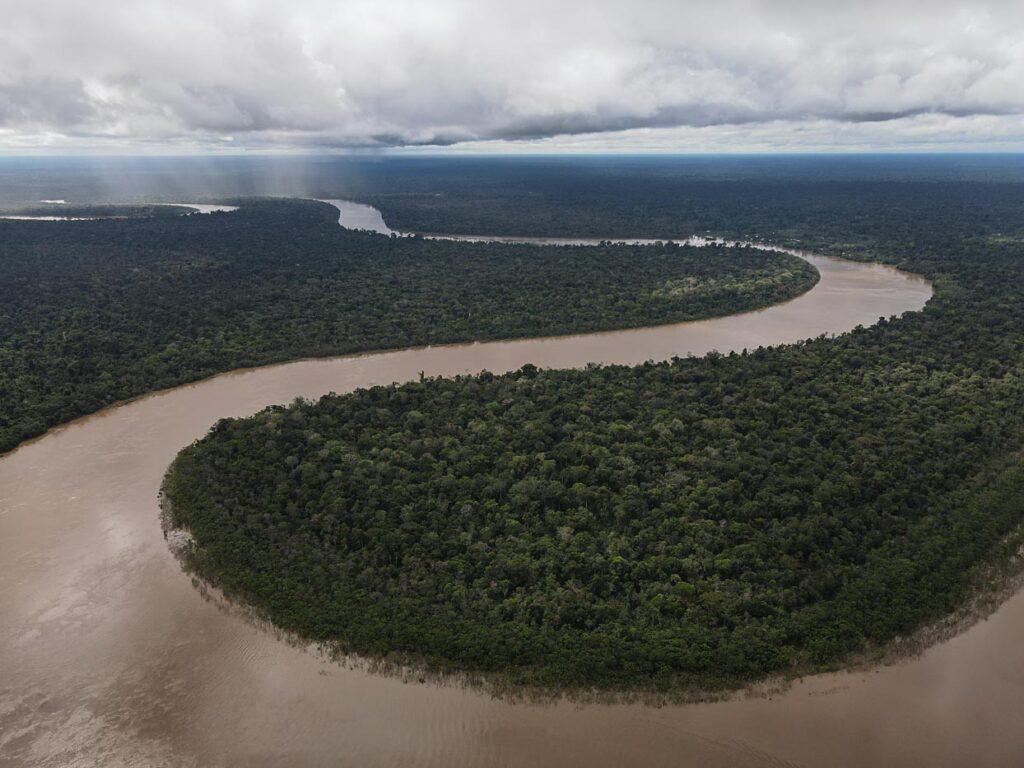
En las zonas fronterizas de la Amazonía peruana y brasileña, los corredores Yavarí-Tapiche y Pano Arawak contienen los territorios contiguos más grandes del mundo donde pueblos indígenas viven en aislamiento voluntario.
The Amazon’s Borderlands: A Vital Stronghold for Indigenous Peoples Living in Voluntary Isolation

In the borderlands of the Peruvian and Brazilian Amazon rainforest, the Yavarí-Tapiche and the Pano Arawak Corridors contain the world’s largest contiguous territories of Indigenous peoples living in voluntary isolation.
A Year of Resilience, Progress, and Hope for Rainforests and Indigenous Peoples’ Rights
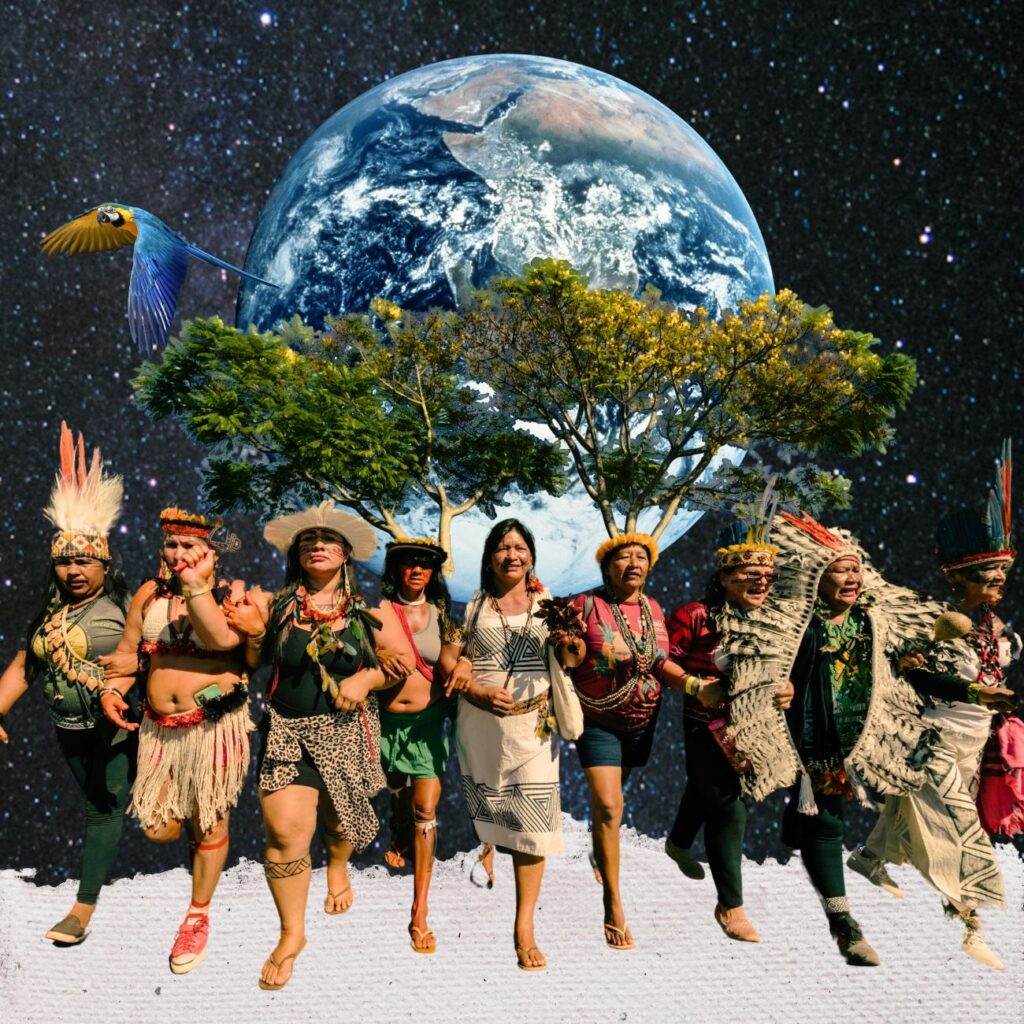
As 2024 comes to a close, there’s much to reflect on. It was a year of immense challenges. Yet despite these challenges, we made significant achievements in protecting rainforests and supporting our Indigenous partners across the Amazon and Central America in their efforts to defend their ancestral territories—making 2024 a year defined by resilience, hope, […]
2024 A Year In Review

A Message From Our Executive Director Dear Friends and Supporters, As we look back on this year, we are both humbled and inspired by the progress made alongside Indigenous communities across the Amazon and Central America. Together, we have witnessed historic wins: from securing legal titles for 20 Indigenous communities in Peru’s Amazon to training […]
A Rainforest Without Rain: Communities in the Amazon Grapple with the Impacts of Extreme Drought and Fires
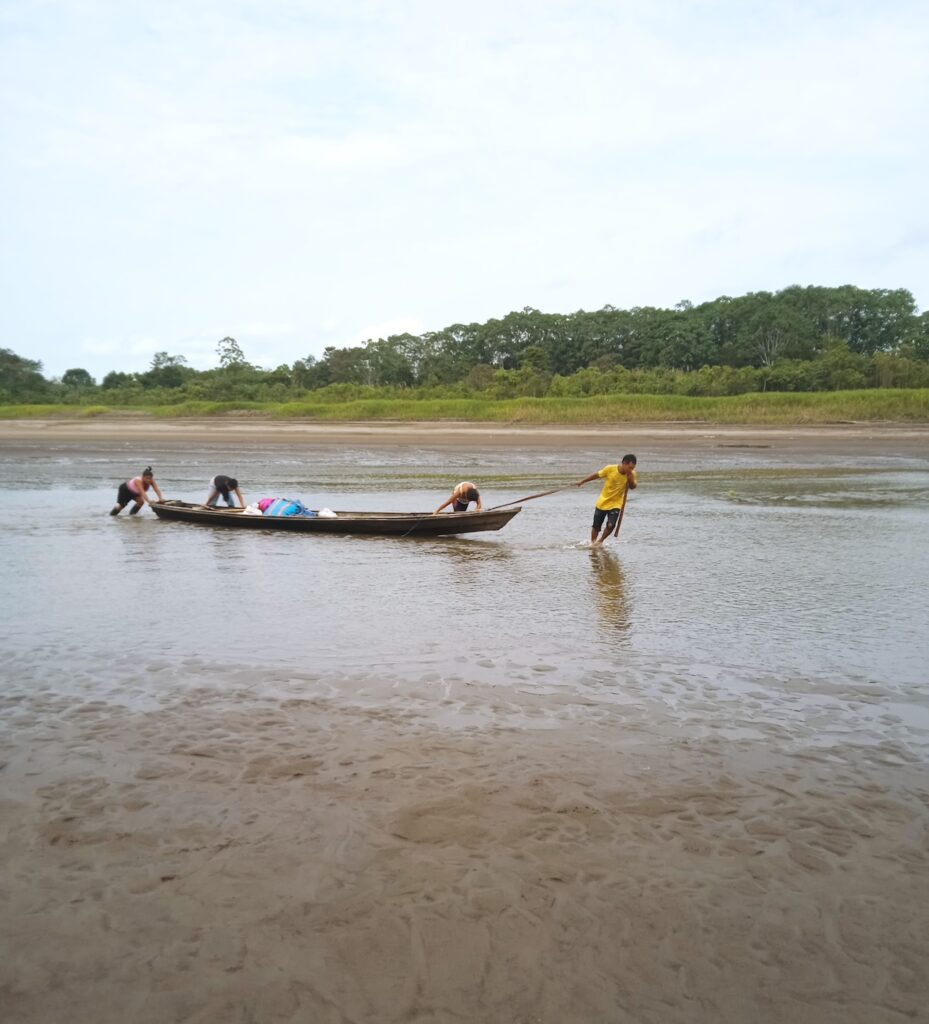
This drought is the worst in four decades and is contributing to an alarming number of fires this year raging across multiple regions throughout the Amazon and posing a threat to Indigenous and local communities and some of the world’s most vital ecosystems.
Amazon On Fire: 2024 Sees Highest Number of Fires in 20 Years
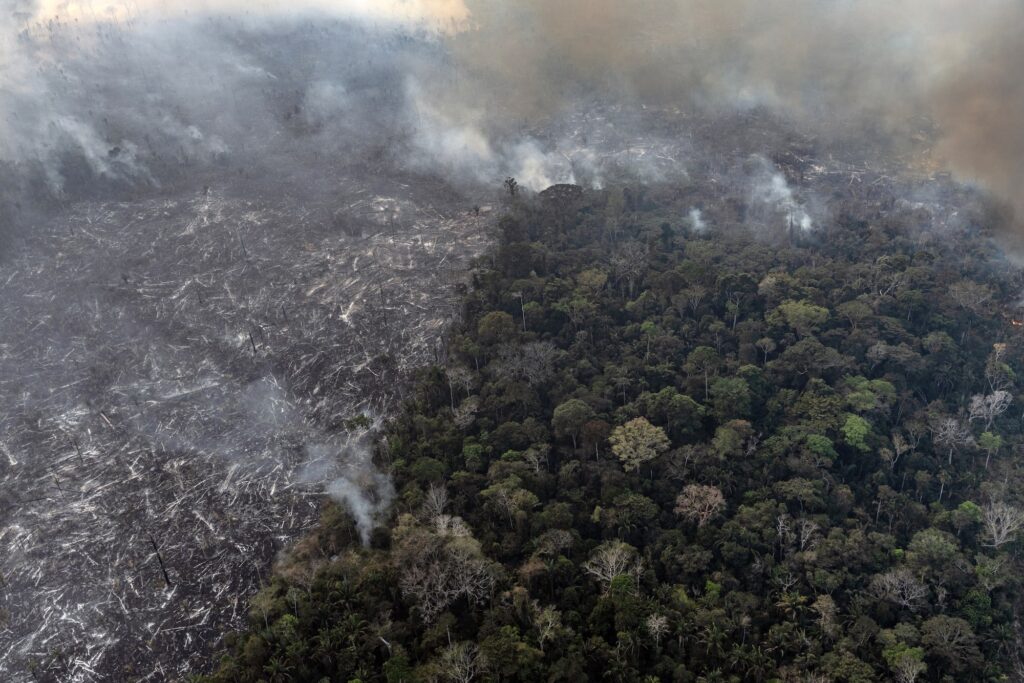
In a troubling trend, the Amazon registered a 43.2% increase in fire hotspots during the same seven month period (January – July) from 2023 to 2024. According to Brazil’s National Institute for Space Research (INPE). The Amazon registered 20,221 fire hotspots through July 2024, the highest number for this period since 2005.
Deforestation in Brazil’s Amazonian Indigenous lands decreased by 42%, reaching a six-year low
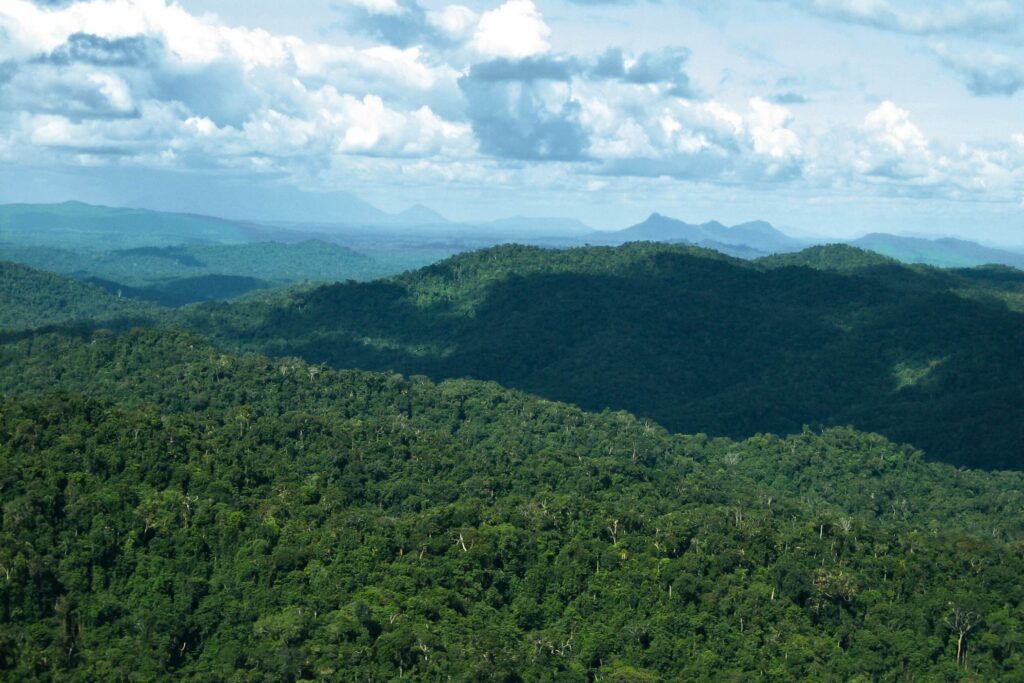
Indigenous peoples’ lands in the Amazon experienced a 42% decrease in deforestation between August 2023 and March 2024, according to a report by the Brazilian organization Amazon Institute of People and the Environment (Imazon). This is the lowest amount of destruction recorded within these territories since 2018.








